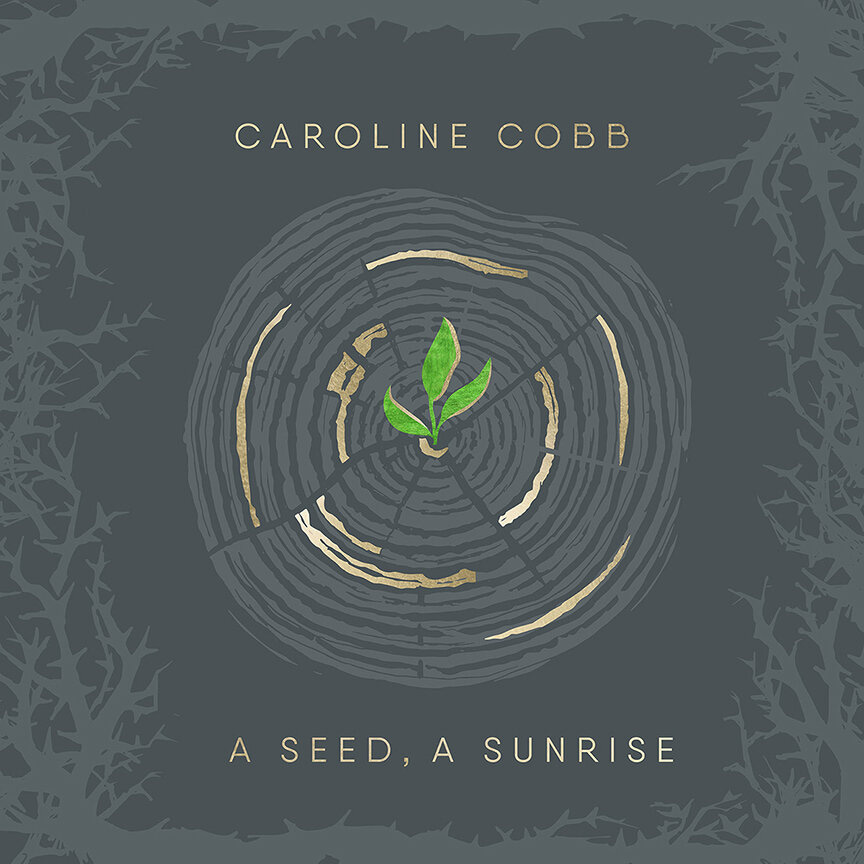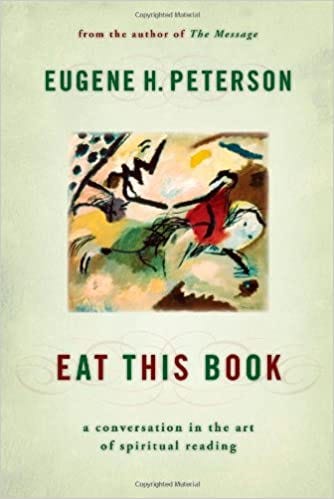For years I struggled with understanding God's beauty. If I'm too honest, I used to roll the eyes of my heart at worship songs that called our attention to God's beauty.
"Oh, Lord, you're beautiful…"
"Beautiful One, I love. Beautiful One, I adore."
"What a beautiful name it is, the name of Jesus."
I balked at this language, but not because it's unbiblical. It's plenty scriptural. David prays that he could "gaze upon the beauty of the LORD" (Psalm 27:4). Dave desired God's beauty. So what was my problem? I bet I'm not alone.
Maybe a man is reading and thinking the same thing, "Yeah, I get uncomfortable with songs that talk about God being all pretty. I don't get it." Or, maybe there is a woman out there thinking, "God is so beautiful. I just love that we sing about the feminine side of God too. It's nice to mix it up with all the 'Father' stuff."
All of us are wrong. So wrong.
One Dimensional Understanding of Beauty
My struggle with singing about the beauty of God was rooted in my stunted perspective on beauty. For years, when I thought of beauty, I defaulted to categories like attractiveness, sexiness, or romance. The category of “beauty products” didn’t help. So when songs appealed to God's beauty, I didn't know what to do, to think, to feel.
"Am I supposed to think about how handsome God is? Praise him for being pretty?"
I was lost. My default wiring, which I picked up from our sexualized and materialistic culture, needed an overhaul around a broader understanding of beauty.
For starters, let's consider David's language in Psalm 27 on wanting to gaze at the beauty of God. The word beauty there doesn't mean appearance like beauty is used in Genesis 29:17 to describe Rachel's appearance. Same words in English, different in Hebrew.
The word in Psalm 27 most simply means kindness, pleasantness, or delightfulness. David is asking to be missile-locked onto the delightfulness of God. He wants to behold, undistractedly, the desirability of God—but not in romance or shallow emotionality. David wants to enjoy the full-power pleasantness of God. That makes sense, doesn't it? God's attributes—his mercy, power, wisdom, grace—God himself, when seen by faith, creates a desire for more in our souls. Since God is delightful by his very nature, we want more of him and we want to praise him for his delightfulness. We praise him by delighting. We binge watch shows because we are hooked. Maybe David is saying he wants to binge on the beauty of God.
Is beauty coming into focus now? Maybe some examples from daily life will help us.
Beauty in the Bounty of Life
Think about the diversity of ways we employ the word the beautiful.
Patrick Mahomes throws a sidearmed, forty-yard touchdown. What do the commentators say on the replay? "Beautiful throw." It's art in animation.
You and a friend arrange your calendars for lunch, on the only day it'll work for both of you for the next month. "Look at that! Beautiful." It's a surprising and satisfying moment.
Spotify recommends Yo-Yo Ma playing Bach's Suite No. 1 in G major. "Man, this is beautiful." It's a soul-stirring response.
The symmetry of a rose, the varied hues of a sunset, a newborn baby. "Beautiful." It's a moment of appreciative delight.
Beauty is everywhere. God made it this way. The creation blooms in beautiful displays because its Creator is altogether lovely, incredible, wow-delivering. Beautiful is broader than we typically think. Beauty entails:
Delight
Awe
Wonder
Joy
Peace
Incredibleness
Happiness
When it comes to thinking about God's beauty, we need to expand our range of meaning.
God is delightful. God is awe-bringing. God and his story of redemption lead us to wonder and joy. God's care and compassion bring peace. God's forgiveness is a foundation for happiness. Do you see why David wanted to gaze at the beauty of God? David experienced God's beauty—his delight, his pleasantness, his kindness—in the implosions of his life. He knew God's beauty first hand. Of course, he wanted more of it. Do we?
The Spirituality of Beauty
How does beauty play into the spiritual life?
Eugene Peterson says there are two critical moves in the spiritual life. We need a spirituality of the ascetic and of the aesthetic. Ascetic: self-denial, saying no. Aesthetic: enjoyment, saying yes. Turning from sin, turning to righteousness.
Peterson is right when he says, "There is always a strong ascetic element in true spiritual theology. Following Jesus means not following your impulses and appetites and whims and dreams…" (Subversive Spirituality, 12). Spirituality involves learning to say no to the ugliness of this world, the flesh, and the dark forces of evil. The non-beautiful. It doesn't deserve the Christian's attention and affections. We want to gaze upon the true Beauty, God himself. "No is a freedom word," says Peterson, "The art of saying No sets us free to follow Jesus."
We must also learn to say yes, to enjoy, to participate in the beautiful. Peterson again, "The aesthetical impulse in spiritual theology has to do with training in perception, acquiring a taste for what is being revealed in Jesus." For Beauty. We need training in deciphering what is truly beautiful. Or, another word we could use here—we need discipleship in discerning what is delightful. Jesus teaches us the way, his way. Our spiritual tastebuds, our yes and no, change under his leadership and in the presence of his beauty. The church community should serve as a trusted curator of beauty, guiding believers to what is beautiful, beneficial to the soul.
The incredibleness of Jesus changes what we believe to be credible uses of yes and no, of our affirmations and denials. The delightfulness of God opens up the heart and the hands in worship. The wonder of grace spills over into organic, non-pushy evangelism. The mercy of God beautifies friendships from socializing to spiritual fellowship. Beauty shapes our spirituality.
God is beautiful. Sing it with me.
The Harp | A Soundtrack
I love all of Caroline Cobb’s music. Her new Advent album is fantastic. The first track is a beautiful song, sweeping from Genesis to Revelation, and it moves me to worship.
The Charcuterie | Links
A Prayer About Beauty by Scotty Smith
What To Do When God Seems Far Away by Matt Smethurst
Why Read the Bible Every Day? by Dane Ortlund
Augustine: Pleasure Set Him Free from Sexual Sin by John Piper
The Sip | Quote of the Month
“Pure thinking banishes every chronic disorder of the soul.” — Gregory of Nyssa
Thinking on Christ—his beauty, his gospel, his gifts—is the pure thinking that will lead us toward a healthy interior life.
“Finally, brothers, whatever is true, whatever is honorable, whatever is just, whatever is pure, whatever is lovely, whatever is commendable, if there is any excellence, if there is anything worthy of praise, think about these things” (Philippians 4:8).
The Roast | A Book
Eat This Book: A Conversation in the Art of Spiritual Reading by Eugene Peterson
Merry Christmas, everyone. God be with you—God is with us. Emmanuel.
In the peace of our Lord,
Jeff






